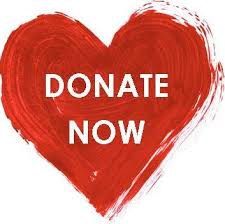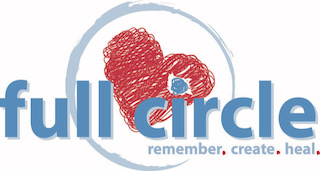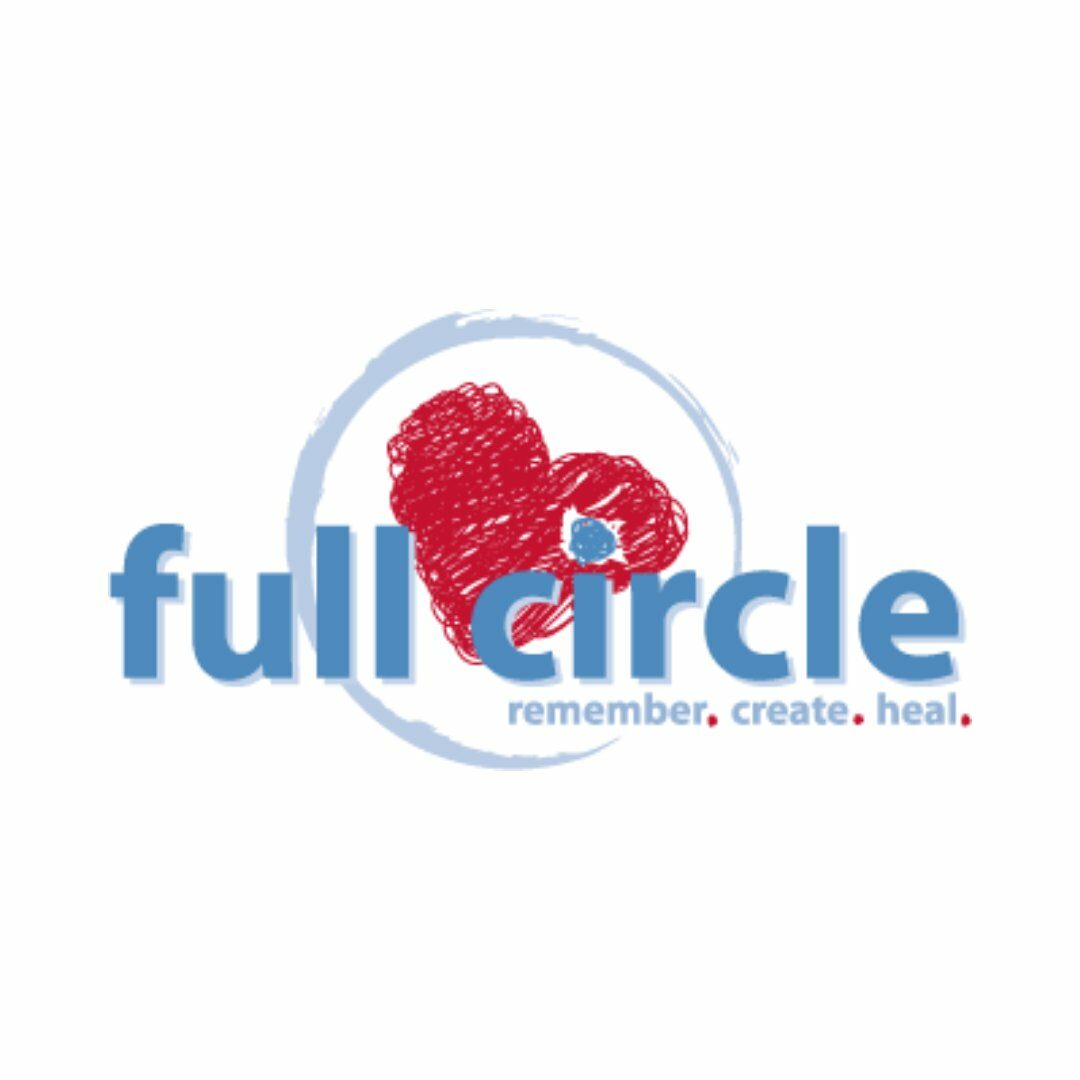By: Stacia Macklin, LCSW
Five years ago, Full Circle recognized that a growing number of families attending our general loss group were grieving the death of a loved one due to accidental drug overdose. In 2015, the number of youth impacted by accidental drug overdose deaths rose significantly to 9% of our youth served. We became aware of a steadily growing number of adults, children, and families in the community who were grieving overdose losses. From 2015 to 2017 the statewide drug overdose death rate rose from 12.1 to 17.4 (per 100,000 residents). In 2018, the statewide rate for was 15.0. Local rates, however, were higher than that state average. Per the Virginia Department of Health, the drug overdose death rates for 2018 were 31.5 in the city of Richmond, 25.0 in the county of Chesterfield, 17.3 in the county of Henrico, and 16.8 in the county of Hanover.
In fall 2017, Full Circle began our Overdose Loss Group for adults. Our Overdose Loss Group members grieve the deaths of adult children and grandchildren, spouses, siblings, parents and close friends. Nearly half of all recent members’ loved ones died due to a fatal dose of fentanyl. Another third of members’ loved ones died due to heroin toxicity. Others’ loved ones died due to use or abuse of prescription drugs, stimulants, or alcohol. Their loss may be quite recent or several years ago. Despite these differences, we’ve learned from members that there are common, yet unique, challenges faced by those grieving an overdose loss. These challenges are in addition to the more universal symptoms of grief. We hope that sharing some of these insights will help friends, colleagues, family members, and professionals in supporting those who are grieving an overdose loss.
Unique Emotions and Challenges Associated with Overdose Loss:
- Shame, Stigma, and Isolation. Members tell us they often feel judged by others because their loved one died due to substance use/abuse. They sometimes question if they did “too much” or “too little” to help their loved one and this can lead to shame. Despite the increased awareness about the opioid epidemic, members share there remains a stigma around addiction. This often leads those grieving an overdose loss to feel alone and isolated.
- Complex feelings like blame, relief, guilt, and regret.
- Unanswered questions about the circumstances around and triggers/antecedents leading to the fatal overdose.
- Relationship status at time of the death. Members have sometimes set firm boundaries in their relationships with their loved one who was actively using substances. The death may occur during a period of non-contact or during a period of high conflict.
- Trauma around being present for an overdose or discovering their loved after an overdose.
- Length of time to receive toxicology results. Members share that it can take up to twelve weeks to receive the official medical examiner’s report which notes the substances in their loved one’s system. Even if they feel certain about what contributed to their loved one’s death, this waiting period is often difficult.
How You Can Support Those Who Have Lost a Loved One to Substance Use:
- Don’t avoid the subject or avoid saying their loved one’s name. Members share that they want others to check in on them, sit with them, listen, and embrace their tears.
- Listen to their stories and positive memories of their loved one. If you knew their loved one, share your stories and positive memories of their loved one. It is important to recall loved ones for who they were during their life—their strengths, talents, and qualities—and not allow these gifts to be overshadowed entirely by their addiction or by the circumstances of their death. After every Overdose Loss Group, we ask members what the most helpful part of group is. We often hear sentiments like “The most helpful part of group was sharing a photo of my loved one and sharing positive things about my loved one.”
- Reach out with a card, call, text, meal, plant, or memory/story of their loved one. Remember anniversaries and significant days. Members share that they sometimes feel others avoid them after the loss because they don’t know what to say or do. While this is true for many grievers, the impact for those grieving an overdose loss is compounded as they may already feel alone in their grief. Find your own ways to show them that you care about them.
- Try to create a judgement-free atmosphere when talking about their loved one and their grief. Members share that they often feel that their loved one’s death is marginalized because it was an overdose. We often hear from group members “The most helpful part of group was just having people who listen with no judgement.”
- Expand your knowledge of drug use and addiction. This will allow you to truly be a helper and an active member of their support system.
- Offer to help connect them with community resources if they express a desire for outside support and guidance.
Remember these words from former Overdose Loss Group members as you work to support friends, colleagues, family members, and clients: “My son was a very strong man and never chose to be an addict. He would’ve given anything to beat his addiction. Unfortunately it was stronger than him. Grief can be very isolating, especially when the death is caused by a drug addiction. There is a shame and support, comfort, and hope can be hard to find.”



